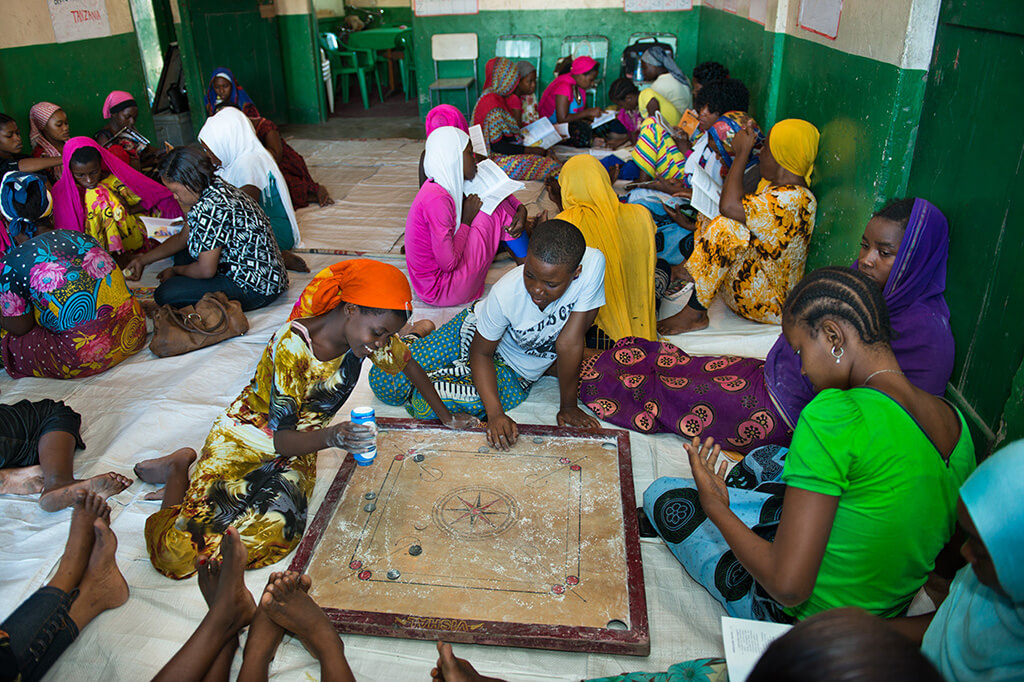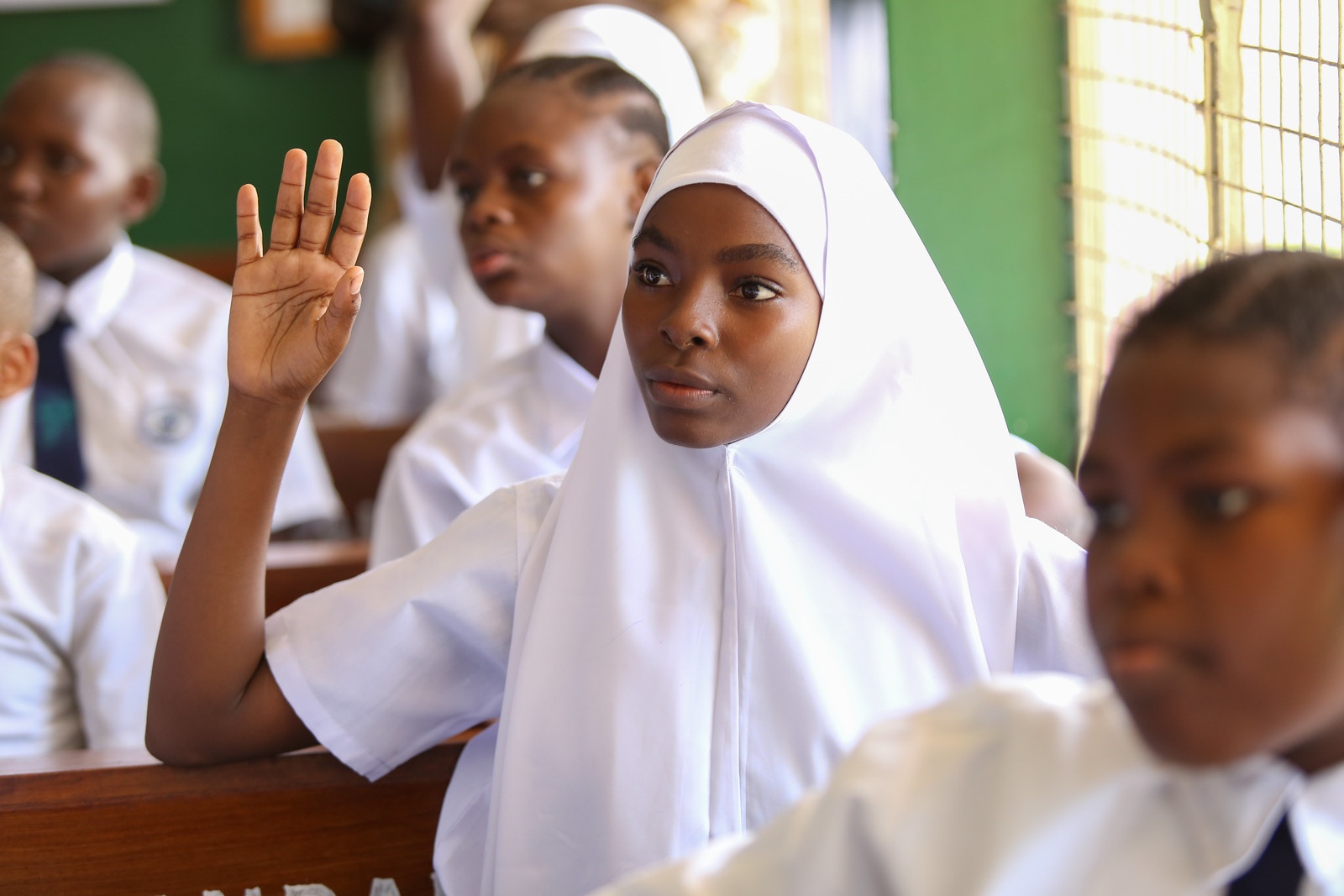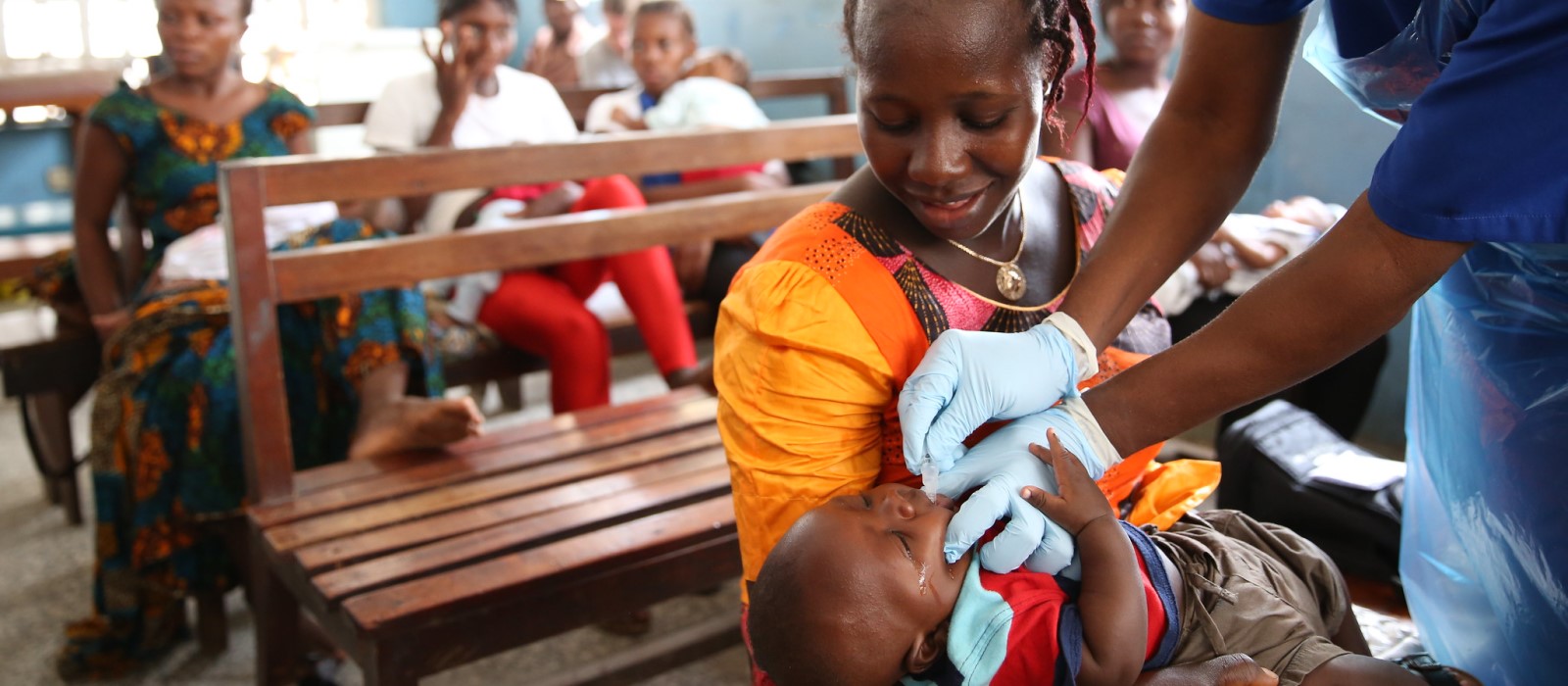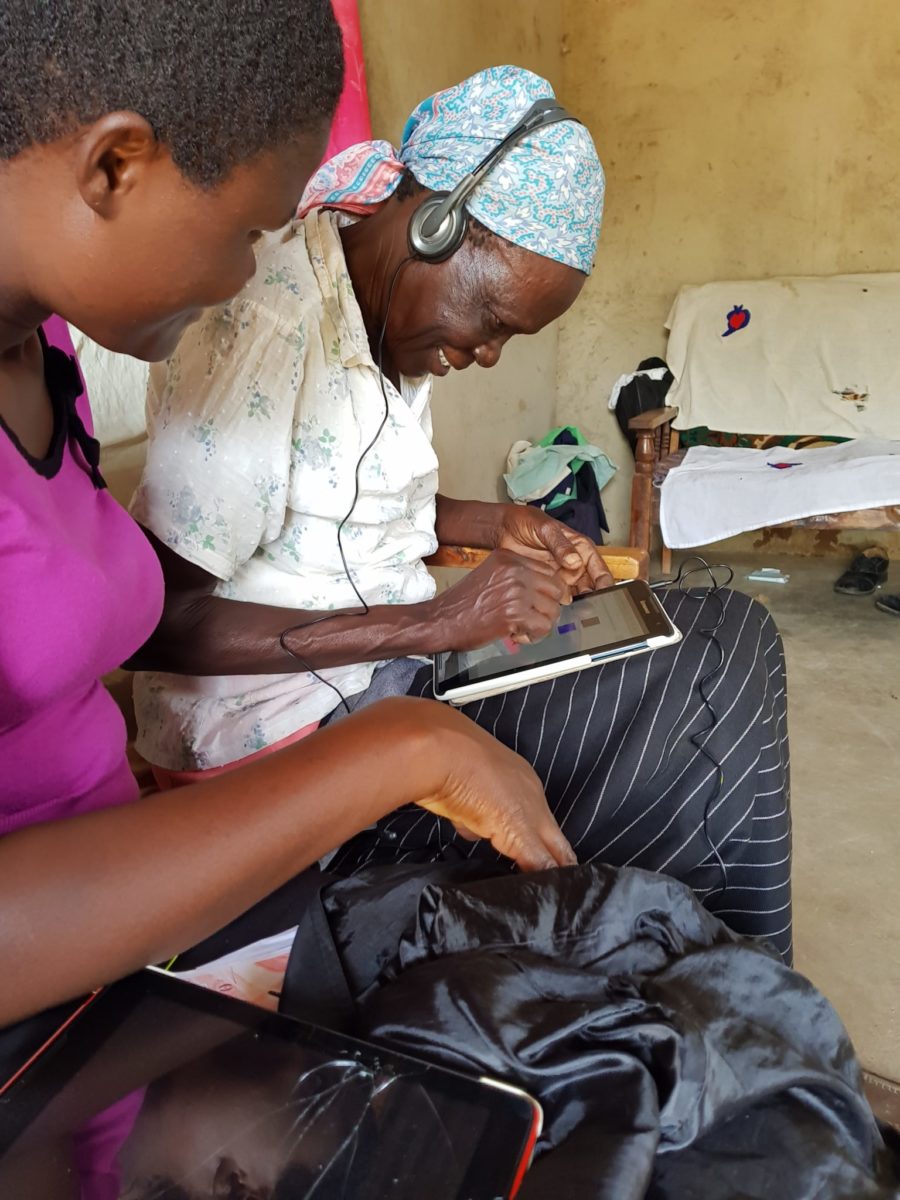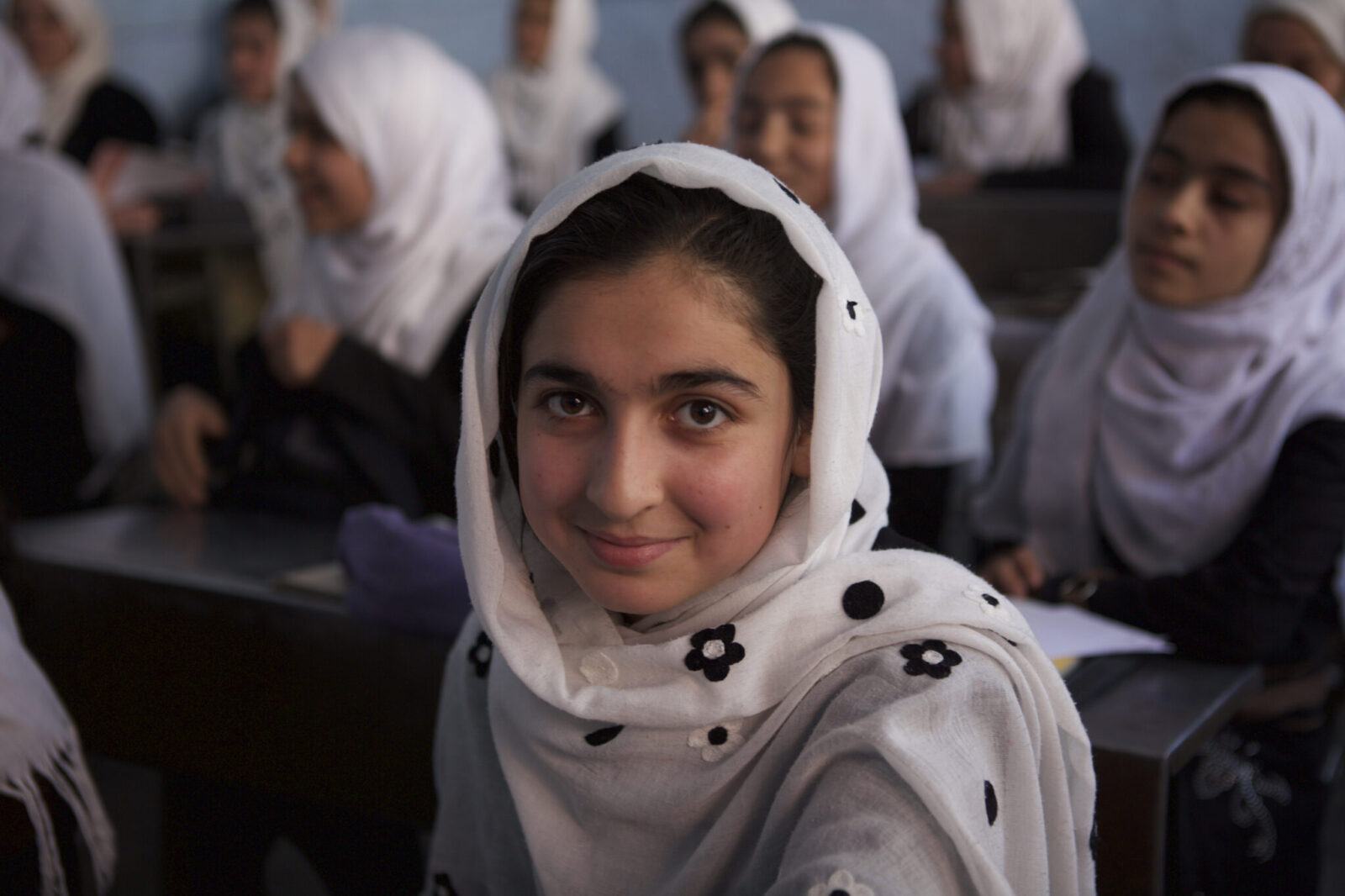Delaying Pregnancy Among Youth: Empowerment and Livelihoods for Adolescents (ELA) Program

Policy Context
Despite decades of public health interventions and research, sub-Saharan African countries continue to experience the highest rates of teenage pregnancy, early marriage, HIV, and other sexually transmitted infections (STIs) in the world. In Tanzania, less than 10 percent of adolescents report using modern contraceptive methods even though 60 percent of girls have had sex before the age of 18. In 2008, BRAC started the Empowerment and Livelihoods for Adolescents (ELA) program, which provides a safe space and life skills training for vulnerable girls aged 12-24 years old. The randomized evaluation is being implemented in partnership with BRAC Tanzania, leveraging their network of adolescent girls’ ELA clubs.
Study Design
The study involved interventions in 150 of the ELA clubs across Tanzania as part of a randomized controlled trial, targeting approximately 4,500 adolescents (3,000 females and 1,500 males). The three intervention arms included the following respective components: 1) a goal-setting activity for adolescent girls and young women around staying healthy and free of sexually transmitted infections and HIV, 2) a soccer-based health behavior change and empowerment program for the male partners of the adolescent girls and young women and 3) access to free modern contraceptives. Primary outcomes included girls’ stated goals and whether their goals are achieved; school attendance and dropout rates; HIV and STI prevalence, attitudes towards and use of contraceptives; age of first pregnancy; and changes in time preferences.
Results and Policy Lessons
Results suggested that engaging adolescent boys and young men reduced reported intimate partner violence and shifted male attitudes around violence against women. Adolescents benefited from participating in an activity that encouraged forward-looking behavior. This increased their sense of personal agency to make better choices in the present around sexual relationships. Further researchers found that offering contraception alone, without focusing on behavior change for young women and men, had no significant impact on sexual and reproductive health outcomes.
